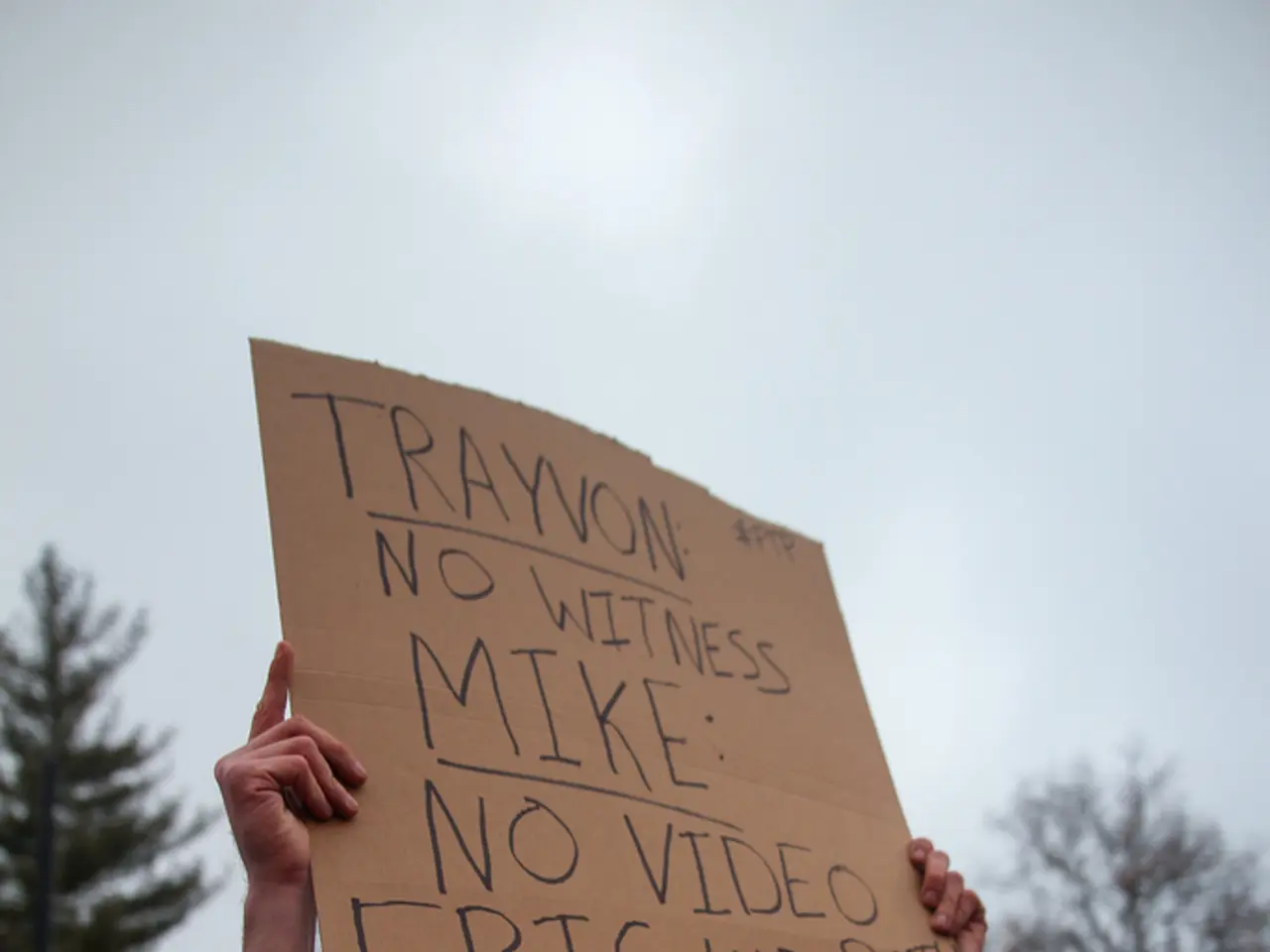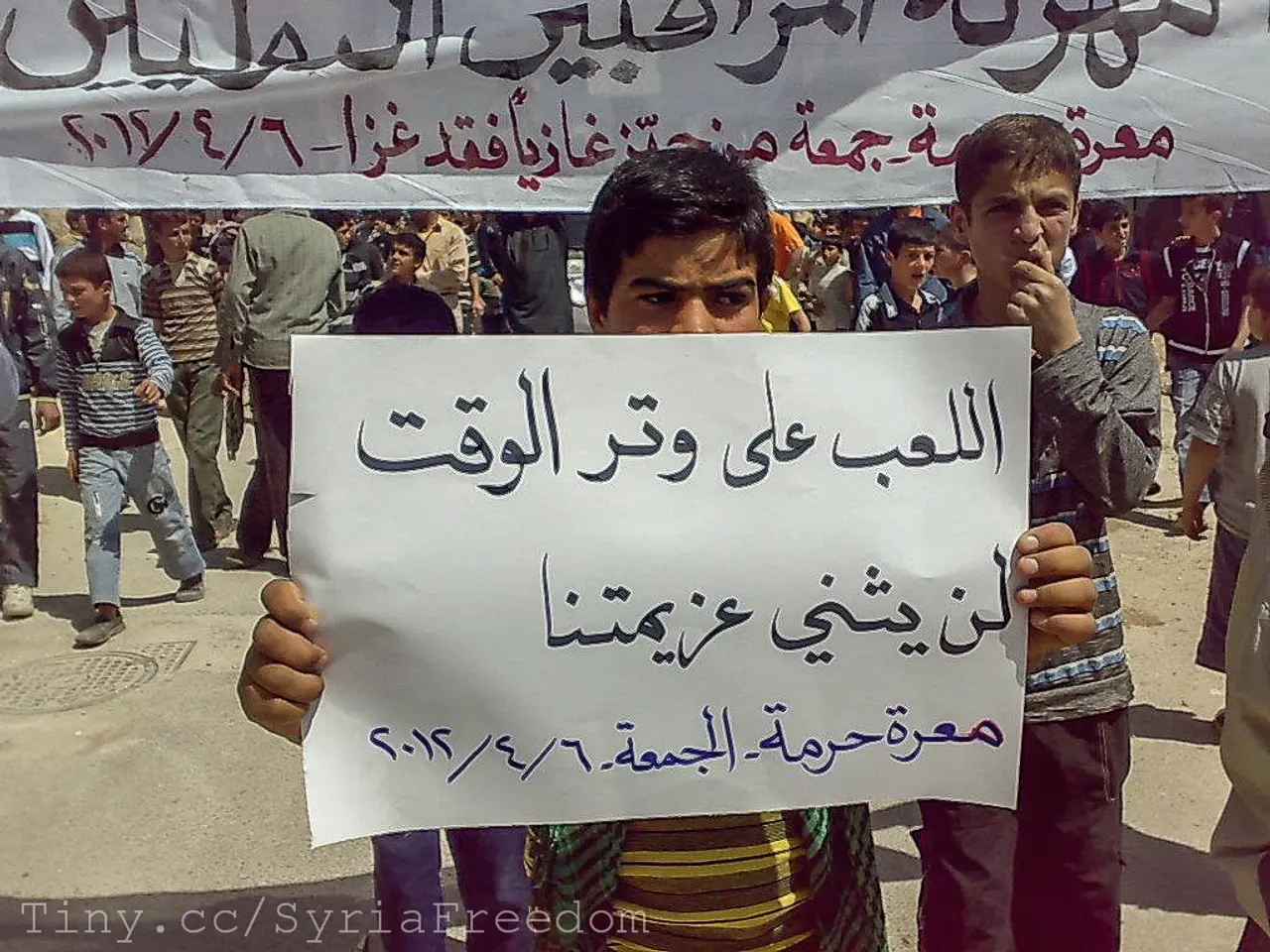Criticism from Tichanowskaja toward the initial EU sanctions imposed on Lukashenko
In the wake of the shutdown of independent media in Belarus, the opposition has found itself largely forced underground or into exile. The crackdown included raids, detentions, and legal restrictions that banned independent organizations and media outlets, leaving the opposition with limited options to communicate openly within the country.
To evade government surveillance and censorship, opposition groups are increasingly relying on digital platforms and encrypted messaging apps such as Telegram, Signal, or WhatsApp. These platforms offer some resilience against the government’s extensive internet filtering and monitoring efforts.
Opposition figures and independent journalists who have fled the country maintain communication through social media accounts based outside Belarus. These platforms serve as important outlets for news, advocacy, and mobilization of support internationally but have limited reach within the country due to internet restrictions and repression.
Foreign-based media outlets and diaspora networks also play a crucial role in broadcasting the opposition's message and organising protests abroad. Diaspora organisations serve as hubs for communication and fundraising, though their direct influence inside Belarus remains constrained.
Despite the risks, some opposition activists attempt to maintain contacts through secret or informal in-person meetings within Belarus. These are high-risk due to the state’s surveillance and the criminalization of dissent.
Svetlana Tikhanovskaya, the Belarusian opposition leader, has criticised the first three EU sanctions packages against Alexander Lukashenko's government, stating that they were not an adequate response to the mass tortures in Belarus. She praised Europe's political response after the forced landing of a plane in Minsk as "quite strong and very quick."
Tikhanovskaya asserted that people are not suffering because of the sanctions, but because of the violence, torture, and repression. She believes that the Belarusians' protest spirit remains undeterred, and people are using the available opportunities to continue the protest and support those who had to flee.
The feeling of fear has returned to Belarusians, but the desire for change is still there, according to Tikhanovskaya. Political prisoners in Belarus are able to share their experiences from prison, offering a grim yet powerful testament to the ongoing struggle for democracy.
As the government continues its crackdown, the opposition in Belarus is resilient and finding creative ways to continue their protests. The use of messenger apps and video platforms like Telegram and YouTube is a new form of communication for the opposition, but one that offers a glimmer of hope in these challenging times.
- Other digital platforms, such as Telegram, Signal, and WhatsApp, are increasingly being used by opposition groups in Belarus to evade government surveillance and censorship, as traditional media outlets have been banned.
- While political policy-and-legislation and legislation continue to restrict the opposition's options within Belarus, foreign-based media outlets and diaspora networks play a crucial role in broadcasting the opposition's message and organizing protests abroad.
- Despite the risks and the overwhelming crackdown on dissent within Belarus, some opposition activists still choose to maintain contacts through secret in-person meetings, showing the resilience and determination of the opposition in the face of war-and-conflicts and crime-and-justice within the country.








